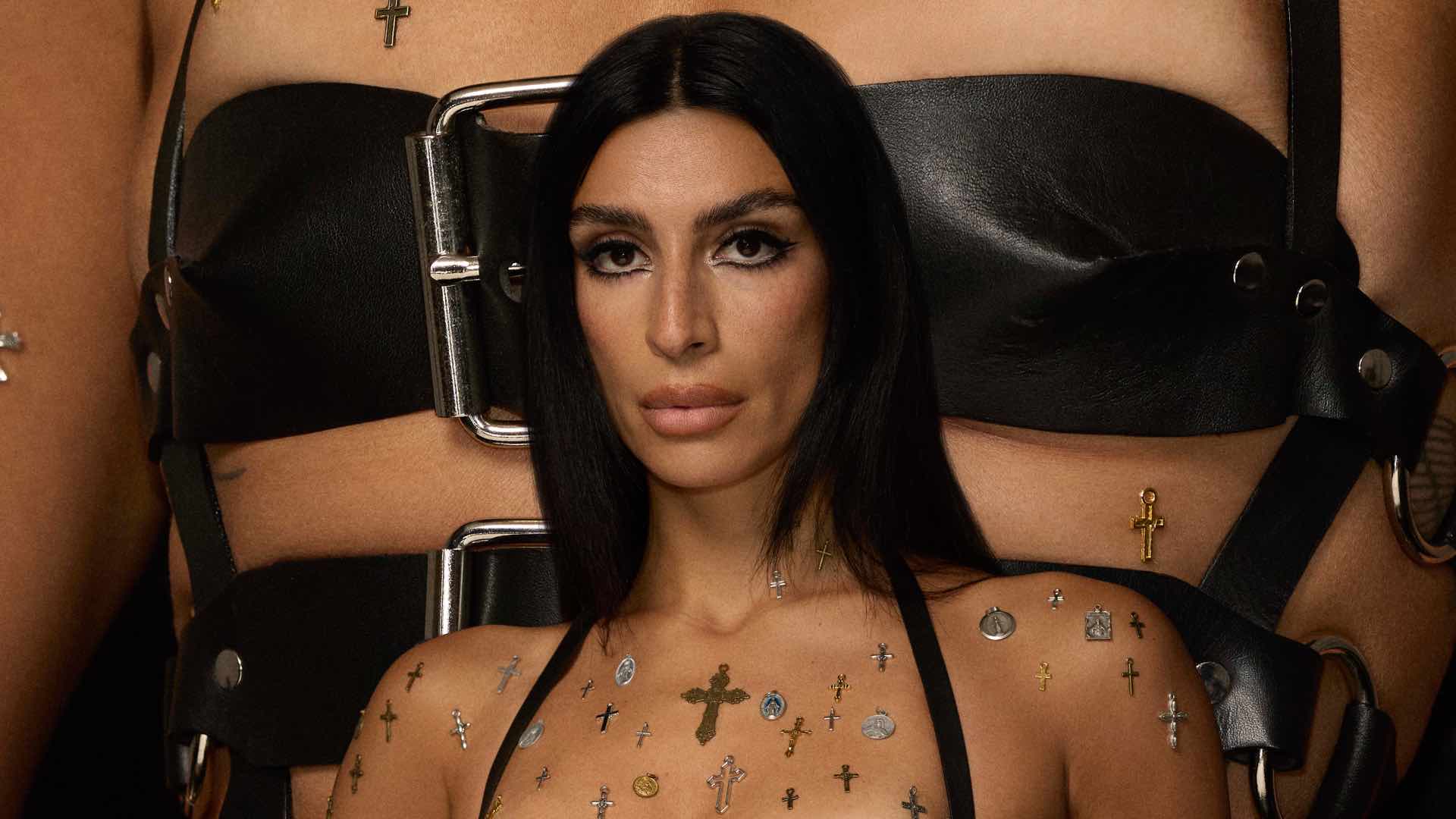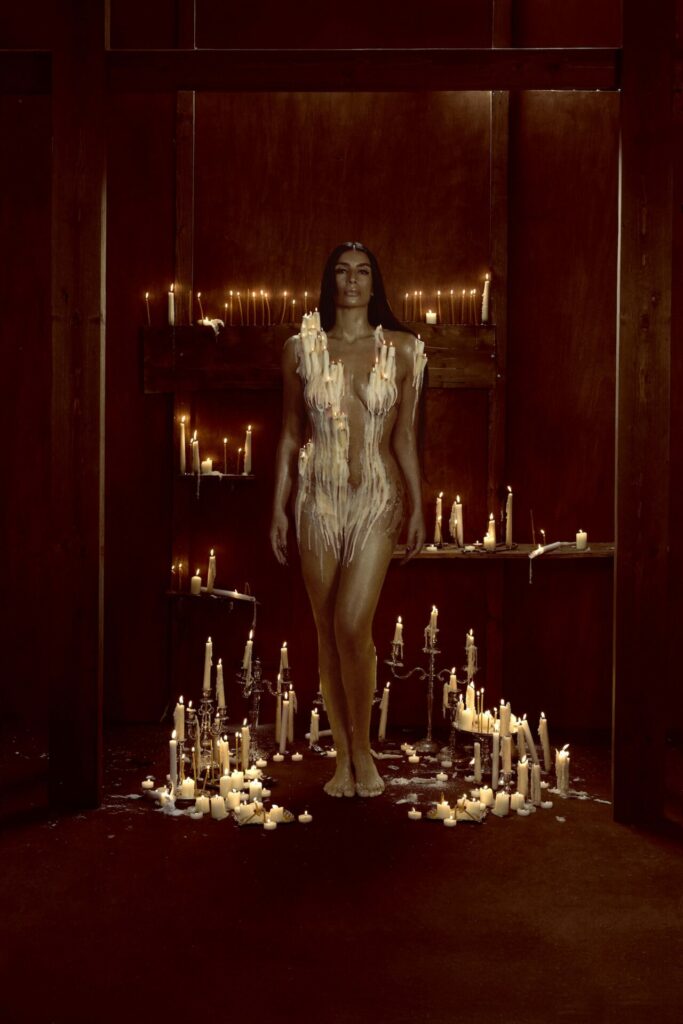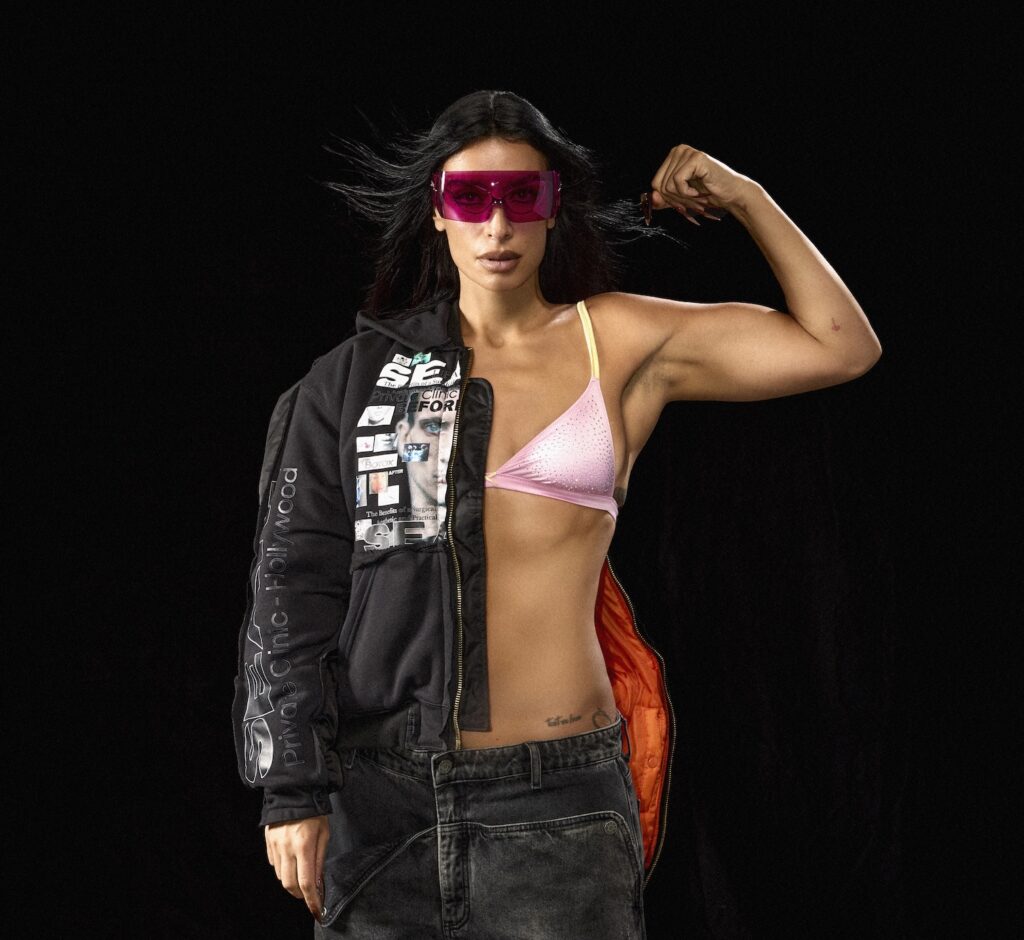Sevdaliza on the power of letting go as a queer woman, her new album HEROINA and unreleased music (EXCLUSIVE)
"Some songs reveal more of you than you’re ready for," says Sevdaliza
By Aaron Sugg

Sevdaliza has returned with her bold new album HEROINA, released 31 October – a musical exploration of womanhood, queer identity, and the power of letting go – and she’s already teasing unreleased music just a week later.
Her sound is raw, fearless, and deeply personal, tracing her journey from war-torn Iran to finding herself in the Netherlands, and now thriving as a boundary-pushing artist, Vogue cover star, and mother.
Mixing pop, Latin, reggaetón, and electronic waves, Sevdaliza is known for hits like ‘Ride or Die’, ‘Alibi’, and ‘No Me Cansaré (feat. Karol G)’. HEROINA, her 15-track third album, dives into trans trolling, female empowerment, and raw honesty.
In this exclusive Attitude interview, Sevdaliza opens up about her journey as a queer artist navigating not just the industry but life across different countries in her childhood, her new musical direction, and shares a glimpse of vulnerable, unreleased music, close to her heart.
You were born in Iran and grew up in the Netherlands, how have those two worlds shaped who you are today?
Duality is confronting and quietly beautiful. I had to unlearn a lot of conditioning, I’m still learning. Iran gave me a deep sense of intuition, poetry and emotional literacy. The Netherlands taught me independence and structure. I never felt fully at home in either, so I built my own space somewhere in between.
Can you recall a moment growing up in Iran that defined the woman you are today?
I remember even as a young girl feeling that women were constantly observed, like we were never really alone. It made me hyper aware and protective of my own freedom. I think that’s where my voice came from, this quiet rebellion that started way before I knew what rebellion was. I just knew I wanted to be free.
Did you ever feel caught between cultures growing up?
Of course. For a long time I tried to fit into places that simply weren’t built for me. Eventually I realised I didn’t have to. I let go of the need to perform for acceptance and began standing in who I am.
Can you recall your coming-out story?
There wasn’t a single moment or announcement. It felt more like coming home to myself. I stopped filtering, stopped apologising for how I feel or who I connect with and just allowed the parts of me that already existed to be seen.
How does being a queer woman influence the way you express yourself in your music and art?

Personally, I feel everything is fluid, gender, love, art. That understanding gives me peace of mind. When you stop chasing what’s “feminine” or “masculine,” what’s “acceptable” or “too much,” you start creating from honesty instead of expectation. It’s incredibly liberating.
When did you realise you wanted to be an artist?
I’ve always felt this extreme drive. I played basketball, studied marketing, tried fitting into paths that “made sense.” But creating art became the place where I could be truly honest with myself. It wasn’t a decision, it was a necessity.
You’ve said that art can be an act of resistance. What does that mean to you now?
Where I come from, a woman existing in her full truth is resistance. Every time I make something honest I’m defying silence. Resistance doesn’t always have to be loud, sometimes it’s simply refusing to disappear.
What can you tell us about HEROINA? What inspired it?
HEROINA isn’t a conventional album, it’s a call. It came from watching systems fail us again and again, from seeing how easily people’s humanity gets stripped away. I wanted to create something that transforms pain into power, that reclaims strength through beauty. It’s for the dreamers who shake their asses like there’s no tomorrow and for the warriors who carry the rage of centuries in their hearts. It’s an ode to movement, to revolution, to resistance. To my Heroinas – this is our moment.
How does this new project feel different from what you’ve done before?
I’ve healed a lot. My earlier records were me dissecting pain. This feels freer, more physical, less self-protective. I’m not looking for closure anymore. I’m looking for change, for embodiment. It feels like I’m finally standing tall in my stilettos.

What is a highlight from the upcoming album?
The title track, ‘Heroina’, is for all the goddesses out there – the ones reclaiming their power. To my daughters and sons of the future: don’t fear the fire, dance in it. ‘On My Own’ also holds a special place in my heart. I was going through something deeply personal at the time and couldn’t have imagined facing it alone, thankfully, I didn’t have to.
How do you hope listeners will receive your new music, is there a song that you hope sparks conversation?
I hope the whole album sparks conversation. I don’t make work to be understood, I make it to be felt. If someone listens and feels seen, or less alone in their contradictions, then it’s done its job. I don’t need everyone to get it. I just want it to reach the ones who need it.
What is your favourite piece of music you have ever written?
I wrote a song about motherhood that hasn’t been released yet. It might be the most intimate thing I’ve ever created and honestly I have a love-hate relationship with it. Some songs reveal more of you than you’re ready for.
After everything you’ve experienced, from Iran to international stages, what does freedom mean to you now?
Freedom is peace inside your own body. It’s being able to move, speak, love without shrinking. Personally, freedom isn’t a destination, it’s a practice. It’s being able to say no when the world expects yes. It’s choosing softness in a world that rewards hardness. And it’s the ability to use your voice to open the door for others who are still trying to find theirs.
HEROINA is available to stream now, across available platforms.
